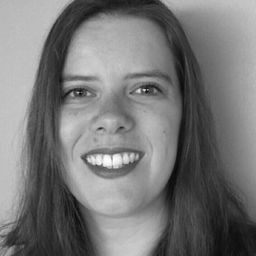ABS383 - When Merleau-Ponty meets Engeström, integrating phenomenology in the emotional dimension of the Activity
Theme:
3.7 Changing forms of work
What:
Paper in a Working Group Roundtable (WGRT)
When:
11:00 AM, Thursday 31 Aug 2017
(1 hour)
Breaks:
Midday Meal 12:00 PM to 01:30 PM (1 hour 30 minutes)
Where:
Convention Center
- 2000 A - Table B
How:
After a year spent among collaborative spaces and their workers, it becomes obvious that co-worker communities are not just marketing punchlines. If the first argument to rent a desk in a coworking space is about price and shared facilities, quickly appears the importance of the community.
Collaborative spaces talk about “tribe”, “family” or “third-place community” (Oldenburg, 1989) to describe the extended group of their customers. However, research has mainly focused on business models and on how space and materiality have improved collaboration and innovation (Capdevilla, 2013; Moriset, 2014; Fabbri, 2015; de Vaujany Vaast, 2016).
This research wants to deepen the understanding of the community in collaborative spaces through the particular role of the community manager. In this objective, I would like to question my theoretical framework at ISCAR in order to answer my actual research question: How embodied phenomenology (Merleau-Ponty, 1945) can improve the emotional dimension of the fourth generation of the Activity Theory (Engeström, 1999) to explain the community feeling in new work configurations?
Collaborative spaces talk about “tribe”, “family” or “third-place community” (Oldenburg, 1989) to describe the extended group of their customers. However, research has mainly focused on business models and on how space and materiality have improved collaboration and innovation (Capdevilla, 2013; Moriset, 2014; Fabbri, 2015; de Vaujany Vaast, 2016).
This research wants to deepen the understanding of the community in collaborative spaces through the particular role of the community manager. In this objective, I would like to question my theoretical framework at ISCAR in order to answer my actual research question: How embodied phenomenology (Merleau-Ponty, 1945) can improve the emotional dimension of the fourth generation of the Activity Theory (Engeström, 1999) to explain the community feeling in new work configurations?
